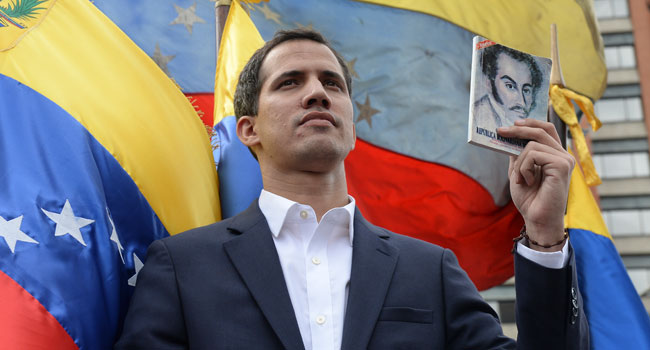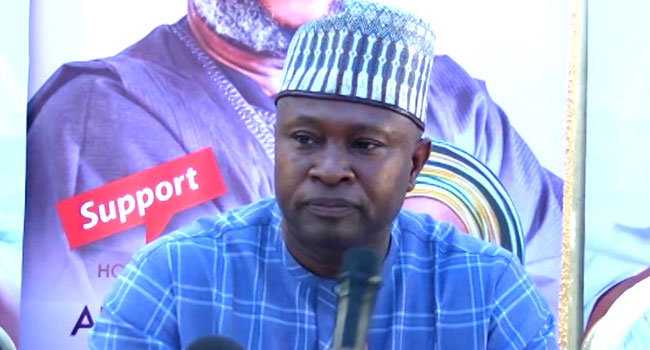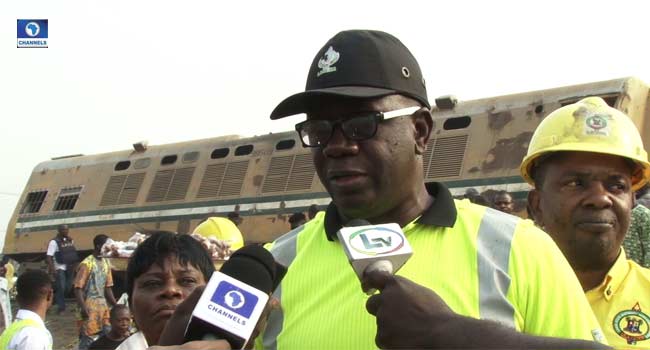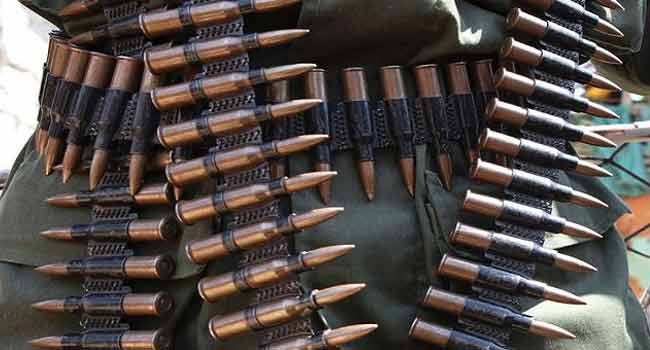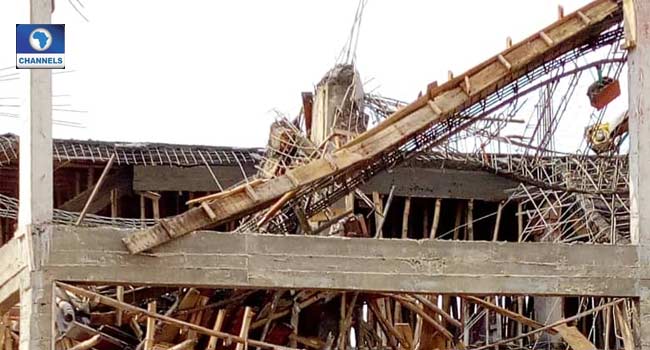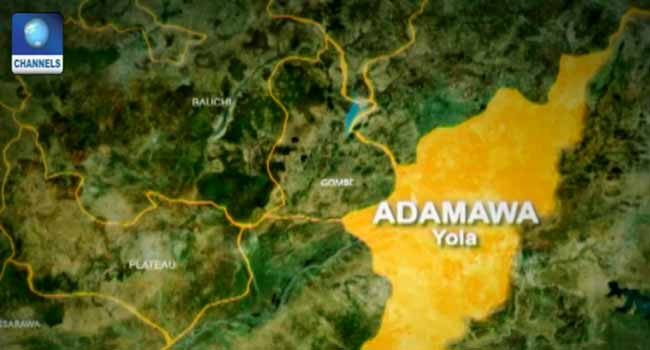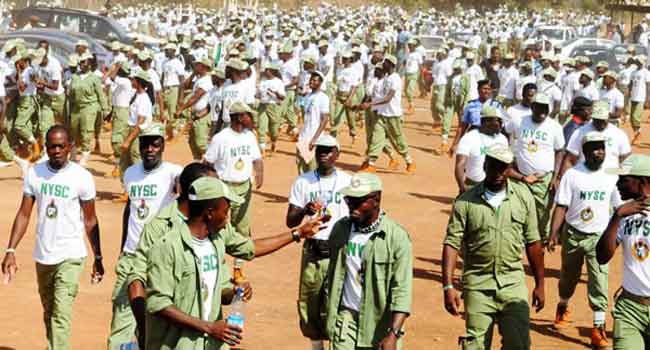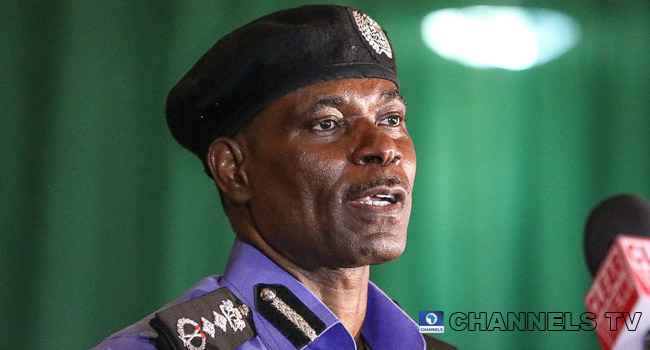The government said it was “deactivating” an attempted coup by a small group of “treacherous” soldiers.
“We are currently facing and deactivating a small group of treacherous military personnel who took positions in the Altamira distributor road (in Caracas) to promote a coup d’etat,” Communications Minister Jorge Rodriguez said on Twitter.
“We call on the people to remain on maximum alert to — with our glorious National Bolivarian Armed Forces — defeat the attempted coup and preserve peace,” he said.
The US, meanwhile, threw its full support behind Guaido, with the White House calling on the military to protect the people and support the country’s “legitimate institutions,” including the opposition-controlled National Assembly.
“The U.S. Government fully supports the Venezuelan people in their quest for freedom and democracy. Democracy cannot be defeated,” US Secretary of State Mike Pompeo said on Twitter.
In a video recorded at Caracas’ La Carlota military air base and posted on social media, the US-backed Guaido said troops had heeded months of urging to join his campaign to oust Maduro.
“Today brave soldiers, brave patriots, brave men supporting the constitution have answered our call,” he said.
Television images showed soldiers and Guaido supporters on a road outside the base milling around without urgency.
Hundreds of people gradually joined the group on a highway overpass near the base, many waving Venezuelan flags.
President Ivan Duque of neighboring Colombia — home to more than a million refugees from Maduro’s regime — called on Twitter for “soldiers and the people of Venezuela to place themselves on the right side of history, rejecting dictatorship and Maduro’s usurption.”
Colombia also said it was calling an emergency meeting of the Lima Group — a grouping of major Latin American nations plus Canada focused on Venezuela.
Internet observatory NetBlocks reported in a Twitter message that “multiple internet services” were restricted in Venezuela following Guaido’s appeal.
Tuesday’s call comes ahead of plans to hold a massive Mayday protest in Caracas that Guaido has termed “the biggest march in Venezuela’s history.”
‘Definitive phase’
In his video, Guaido appeared alongside high-profile opposition politician Leopoldo Lopez who had been put under house arrest by Maduro’s regime but who announced he had been “freed” by soldiers supporting Guaido.
Lopez posted a picture on Twitter with men in uniform, and said it was taken at the La Carlota military base in eastern Caracas.
“Venezuela: the definitive phase to end the usurpation, Operation Liberty, has begun,” read the message.
Venezuela’s Defense Minister Vladimir Padrino Lopez asserted on Twitter that the situation in military barracks and bases in the country was “normal.”
Tensions in Venezuela have been ratcheted up to a critical level this year, after Guaido, who is head of the opposition-ruled National Assembly, announced January 23 that he was the acting president under the constitution. He said Maduro had been fraudulently re-elected last year.
The United States and major Latin American powers including Brazil, Peru and Chile swiftly backed Guaido, followed later by EU nations.
But Maduro, who since taking over from his late mentor Hugo Chavez in 2013 has presided over a catastrophic economic implosion, has been able to count on support from Russia and China, Venezuela’s two biggest creditors.
Although US President Donald Trump has repeatedly said “all options” are on the table regarding Venezuela — including, implicitly, military action — there has been no noticeable US military mobilization.
Instead, Washington has upped the economic pressure, through sanctions aimed at Maduro’s regime and by cutting sales of Venezuelan oil — the South American country’s main revenue earner.
It also warned against any attempt to arrest Guaido, who has been left free to roam Venezuela and hold rallies.
Maduro and his government have repeatedly accused the United States of trying to foment a coup, and blame the economic devastation in the country on the tightening US sanctions. In Madrid, the government warned against bloodshed.
Spanish government spokeswoman Isabel Celaa said Madrid backed a “peaceful” outcome in Venezuela, and wanted to see “democratic elections” take place there.
Britain, among the powers that recognize Guaido as interim president, called for a “peaceful resolution” to the crisis.
“Venezuelan people deserve a better future, they have suffered enough and the Maduro regime must end,” a spokesman for Prime Minister Theresa May said.
Maduro’s leftist allies Cuba and Bolivia condemned Guaido.
Cuba’s President Miguel Diaz-Canel slammed Guaido for creating “anxiety and terror” in Caracas. “We reject this coup movement that aims to fill the country with violence.”
Bolivia’s Evo Morales said Guaido was “beholden to foreign interests.”
He added that he was sure that “the brave Bolivarian Revolution led by brother Nicolas Maduro will beat this new attack by the empire (the US)”.
AFP


